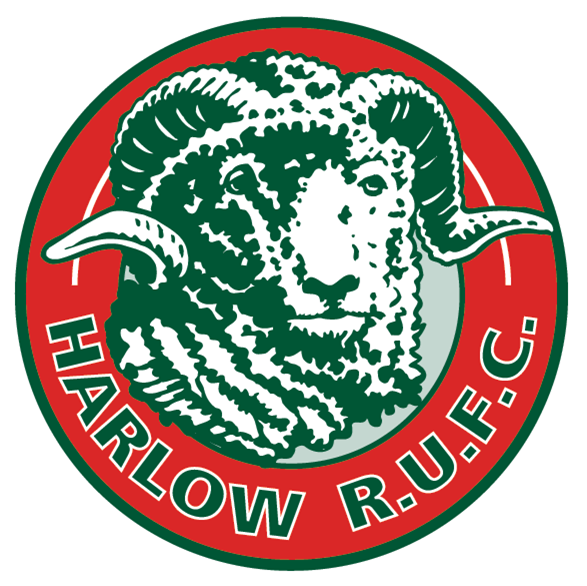Complaints Policy
HRUFC Complaints Policy and Procedure
Policy Statement
HRUFC is committed to providing safe and equal opportunities for all players, coaches, managers, volunteers, visitors and non-playing members to enjoy the highest standards throughout the Club (on and off field) and always expects all persons mentioned above to treat others with respect and dignity. We do recognise, however, that difficulties can arise from time to time and this Policy is intended to inform how the Club aims to deal with complaints in order to reach the best possible outcome for all parties. At all times, the Club will seek to deal with all complaints fairly, respectfully, confidentially (where practical) and with due regard to the interests of all parties involved.
How to make a complaint
Whilst it is usually possible and preferable for issues to be discussed and resolved among the interested parties, HRUFC recognises that, for several varying reasons, this approach may not always be viable. If dialogue between the interested parties is neither possible nor successful in achieving a mutually satisfactory outcome to all parties and, if the matter does not relate to issues around child or vulnerable adult welfare and/or safeguarding (where concerns must be reported directly to the Club Safeguarding Officer), the following process will normally apply.
Stage One (Informal) – If the matter refers to any rugby related (ie training, playing, coaching etc) issue, then the complainant should approach the appropriate team head coach or manager in order to discuss their concerns and, hopefully, achieve a mutually agreeable outcome. In most cases, this type of open dialogue will be sufficient to resolve matters and cause minimum disruption to all involved. Where the subject issue relates to non-rugby matters (ie facilities, bar, catering etc), the initial discussion should be via the COO or in his / her absence a member of the Latton Park operational team.
Stage Two (Informal) – In the event that Stage One proves unsuccessful in resolving a mutually agreeable outcome, the complainant should put their concerns to the Chair of Rugby (rugby related matters) or Vice Chairman (non-rugby related matters) detailing all relevant points including names, dates etc. The Chair of Rugby or Vice Chairman shall arrange to meet the complainant (normally within 7 days) with a view to finding a solution which is acceptable to all parties (if a resolution is not found move to stage three)
Stage Three (Formal) – In the unlikely event that Stages One and Two fail to resolve the complaint satisfactorily, the complainant should forward their written complaint to the Honorary Secretary with the request that the Club instigate a formal process to thoroughly investigate the matter via a formal Disciplinary Hearing. Should the Honorary Secretary consider it appropriate, they will request the Club Discipline Officer to arrange for a formal investigation to be undertaken and a Hearing to take place (normally within 14 days of the date of receipt of a formal complaint). A formal Hearing Committee will be formed of no less than 3 members (where practical) and will consider all relevant written or verbal statements and any other appropriate evidence before reaching their conclusions in relation to the complaint. The outcome will normally be one of complaint upheld, complaint dismissed or complaint partially upheld or dismissed and reasons for such decision being made. The complainant will receive formal notification of the outcome and full details of the appeals process within 7 days of the Hearing.
Stage Four (Formal) – The complainant is entitled to appeal the decision (but not any resultant sanctions) of the Discipline Hearing Panel by making written representations to the Club Chairman within 14 days of date of the Hearing. This appeal must clearly set out the basis for appeal detailing all relevant points (not just a recital of the initial complaint). The Club Chairman together with the Club President will consider any such appeal having studied all relevant reports, statements etc and taking such internal or external advice as commensurate with the circumstances of the complaint.
Discipline Committee Members (Season 2019-2020): Committee is made up of three, but in exceptional circumstance two is permitted with the Chairman having casting vote.
John Harron (Chairman), Ken Potter (Administrator) plus one of the following dependant on section:
Seniors: Paul Tucker (Chair of Rugby);
Juniors: Adam Clark (Junior Chairman) plus Safeguarding representative;
Mini’s: Nicola Wix (Mini Chairman) plus Safeguarding representative;
Club: Chris McFerran (Honorary Secretary);
Where the disciplinary involves a female member, a female will be Co-Opted to the Committee to act as chaperone only.
Club Honorary Secretary will be informed of all disciplinary matters.
Summary
This document sets out the basis of how HRUFC will consider complaints but asks you to recognise that, by the nature of such matters, this should not be considered as exhaustive and the Policy is subject to review and or amendment (upon appropriate notice) from time to time.
